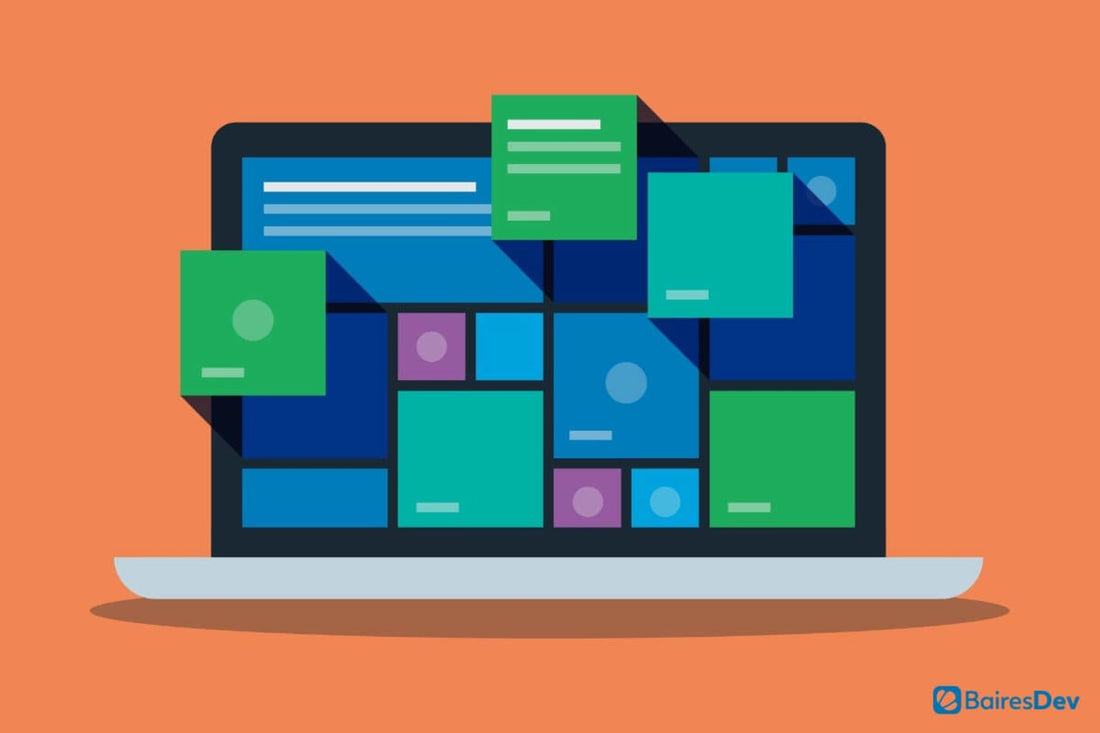Not all operating systems are created equal, especially for developers. You might be surprised which platform is the right choice for your development teams.

Your developers work in IDEs and even in the terminal window to create all the software and systems for your business. Without these developers working tirelessly to deliver, your company would struggle to function with any level of agility, competence and reliability.
To use the tools necessary for software development, your engineers must use an operating system. Of course, anyone who uses a computer must work with an operating system. This is a given. But did you know that there are options for which operating system to use? There are Chrome OS, Linux, macOS and Windows for desktops and laptops, and Android and iOS for mobile devices.
Each operating system has its pros and cons, which applies not only to end users but also to developers. Depending on what your software engineers do, your choice of operating system can mean the difference between being highly efficient and accurate or less so on all fronts.
Let's take a look at the different types of development and decide which operating system is best suited for each.
Backend development
Backend development is also called server-side development and is all the hidden, behind-the-scenes stuff that powers websites, web applications, and various services that help run your business. Backend development is crucial to almost every aspect of business functionality, and without it, your company would struggle to keep up with demand, supply, and competition.
Backend development places significant focus on databases, backend logic, APIs, servers, and services. What does this mean for your developers? On the one hand, it means they must be very familiar with the environments that run these services. What does that mean? The vast majority of backend services run on the Linux operating system. Because of this, your backend developers will have to know how to use the command line and the various methods and means of communicating with the underlying systems. w
This translates into the best operating system for backend development, you guessed it, Linux. Fortunately, Linux is not just a server operating system. With many desktop distributions available, your engineers can find a development environment very similar to the one they will be developing for.
Front-end development
Frontend development is what users see. They are the GUIs, interfaces, and applications that consumers, customers, and clients use to interact with your company. The front end is all about the user interface and relies on HTML, CSS, DOM and JavaScript.
Since much of what front-end developers do is within a web browser, the operating system is not as important as it is in back-end development. As long as the engineer's chosen IDE runs on the operating system, they have a choice. However, one thing to keep in mind is that most people using your website or web app will do so with the Chrome browser, and since Windows is the most used operating system on the planet, Windows is probably your best option. for these developers.
Windows also offers the widest range of front-end-specific tools (such as IDEs, emulators, and debuggers). This does not mean, however, that Windows is the only option. Since web browsers have become mostly universal, their developers would do well with any operating system (as long as the tools they use are available).
Mobile Development
As the majority of internet traffic around the world now comes from smartphones, mobile development has become one of the hottest sectors in the market. What does this mean for your developers? This means they must be on their A-game with mobile development.
Fortunately, in this space, there are only two platforms to focus on: Android and iOS. Regarding Android, your mobile developers can work on Linux, macOS or Windows. This is possible for a reason: the Android SDK and required languages (Java and Kotlin) can be installed and used on Linux, macOS, and Windows. For iOS, however, the only platform its developers should use is macOS. Why? Because developing for iOS on any platform other than macOS is problematic.
Container development
Containers may or may not be on your radar, but they should be. Containers make it possible for your developers to deploy massively scalable services that cannot be matched by traditional monolithic applications. If you plan to expand your business so that it can keep up with the ebb and flow of demand, containers will be in your future.
There are two reasons why just one operating system is the best choice for container development. The first is that, without exception, the environment you will use to deploy these containers will be Linux. The second is that much of the development of these containers relies on Linux images. This double whammy means, without a doubt, that the best environment for your engineers to use for container development is Linux.
Low code/no code
There is a new trend on the horizon that allows companies to develop applications without requiring a lot of coding skills. Both low-code and no-code development are done in a browser, so the operating system you choose doesn't really matter. In fact, you could go this route with ChromeOS, Linux, macOS, Windows, Android, or iOS and be just as effective.
Conclusion
Backend, frontend, mobile, container, and low-code/no-code development covers virtually everything your business needs to keep up with the ever-evolving nature of technology. When empowering your developers with the tools they need, make sure your choice of operating system best suits the task at hand to ensure your team is working as effectively and efficiently as possible.
Source: BairesDev




















































